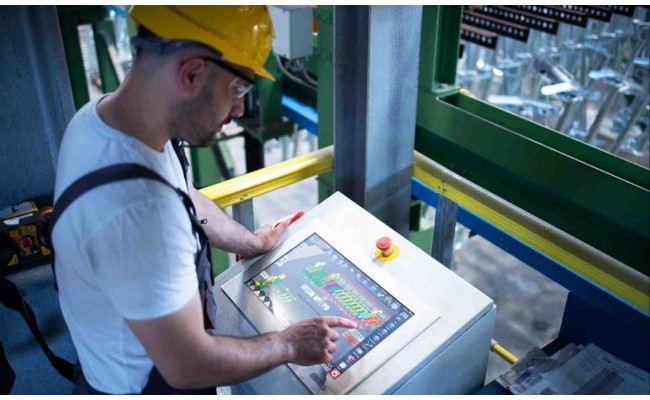- Call: +1 850 633 2663

Nobody can deny the fact that product development in the industrial world can be a long and expensive process. In a competitive market, the window of opportunity for significant revenue can close before a new competitive product could even exit the development cycle. Reverse engineering is an extremely valuable process for those looking to protect their intellectual property from manufacturing issues or patent infringements. It is also deployed to help manufacturers maintain a competitive edge through targeted product analysis. Each of these goals can be realized through product deformulation; the process of analytically breaking substances down so their constituent parts can be identified and quantified. A polymer material deformulation study provides a complete breakdown of the material’s components, it includes the separation, identification and quantification of ingredients that are present. Reverse engineering has been successfully explored for many different polymeric products, including::
- Medical devices, Home products, construction products
- Packaging, and Toys and sporting goods
- Other polymer based products including; adhesives, coatings, paints and inks
Reverse engineering can help you to make more accurate decisions concerning product innovation, quality control and product performance improvement, as well as exploring areas of patent infringement or investigating instances where patents have lapsed.
This training will allow professionals including R&D chemists to apply their industry knowledge to reverse engineering and deformulating projects, and helps further on the understanding of chemical formulations or products. Also, it will help to progress the understanding of the various components of a formulation and illustrate how different components and ingredients interact and perform. Training experts will explain the role of analytical techniques such as infra-red spectroscopy, gas phase chromatography, atomic absorption spectroscopy, scanning electron microscope, thermal analysis and many others in analyzing the benchmark product. The deformulation process includes extractions, separations, and analytical investigations using specialized instruments and methods. When finished, information concerning the “recipe” of components and the structure of materials is obtained
This is highly recommended and must have training for industry professionals who want to create new polymeric products or improv existing products; industry experts recommends this training to chemical professionals including;
- R&D Engineers, Laboratory technicians, Quality Engineers, and managers
- Designers, Innovators and Professionals involved in new product development
- Graduates looking for a career in reverse engineering and product development industry
0 reviews